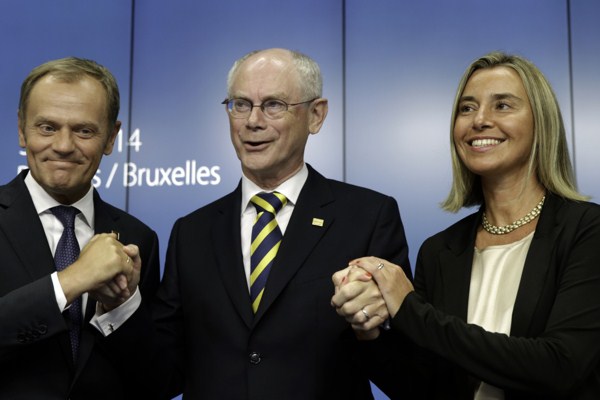Over the weekend, the European Union announced appointments to two of its top posts. Polish Prime Minister Donald Tusk will take over the post of president of the European Council, replacing Herman Van Rompuy when his term expires in December, and Italian Foreign Minister Frederica Mogherini will replace Catherine Ashton as EU high representative for foreign policy.
The appointments of “a Kremlin critic from ex-communist Eastern Europe and the foreign minister of one of Moscow's biggest customers for gas,” as Reuters put it, is emblematic of the steps the EU has taken to balance divisions among its members.
The debate over the selection of the next EU foreign policy chief highlights the east-west divide that has existed since the bloc’s 2004 enlargement, when 10 countries in Central and Eastern Europe joined the EU.
Keep reading for free
Already a subscriber? Log in here .
Get instant access to the rest of this article by creating a free account below. You'll also get access to three articles of your choice each month and our free newsletter:
Subscribe for an All-Access subscription to World Politics Review
- Immediate and instant access to the full searchable library of tens of thousands of articles.
- Daily articles with original analysis, written by leading topic experts, delivered to you every weekday.
- The Daily Review email, with our take on the day’s most important news, the latest WPR analysis, what’s on our radar, and more.

